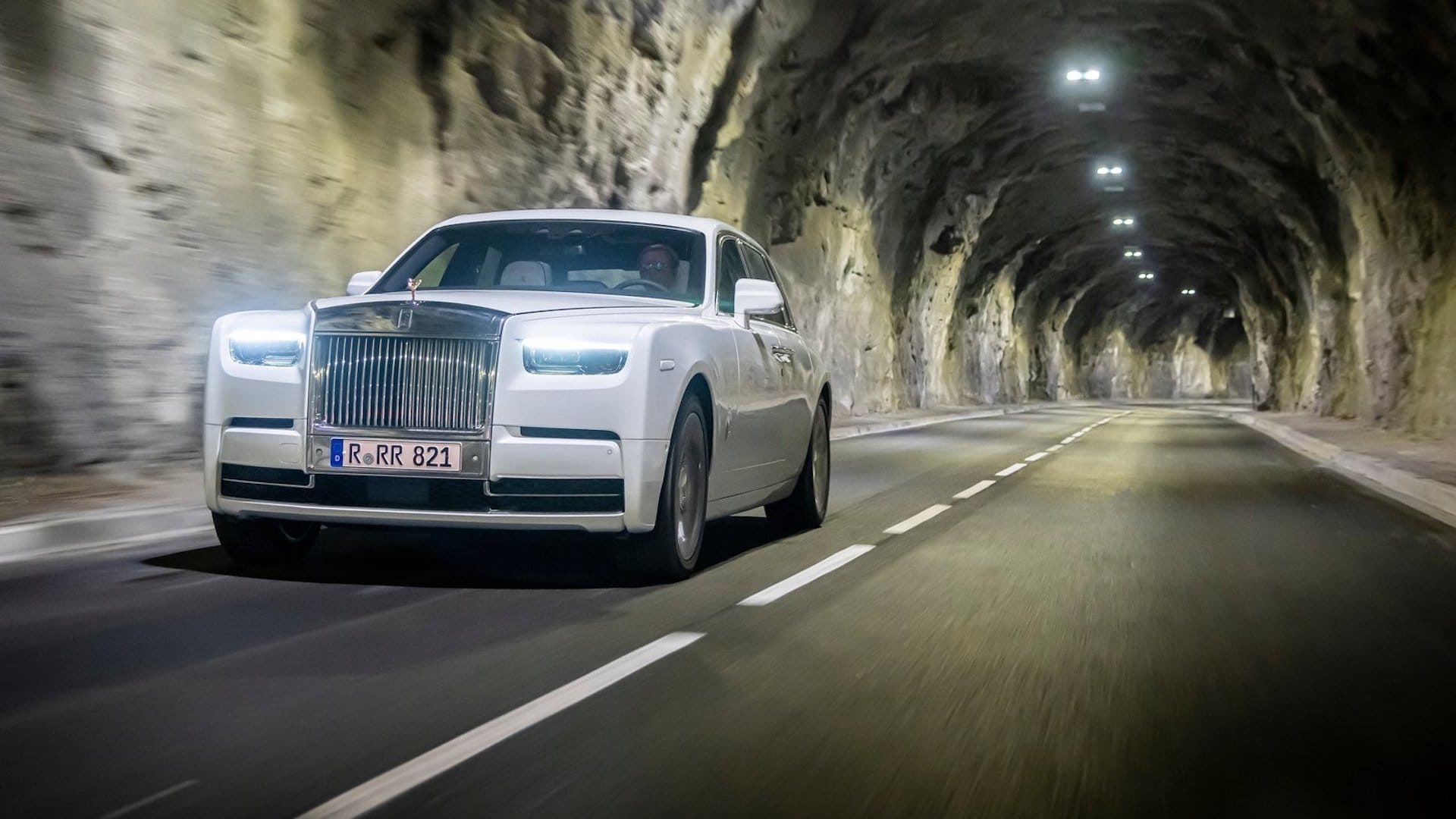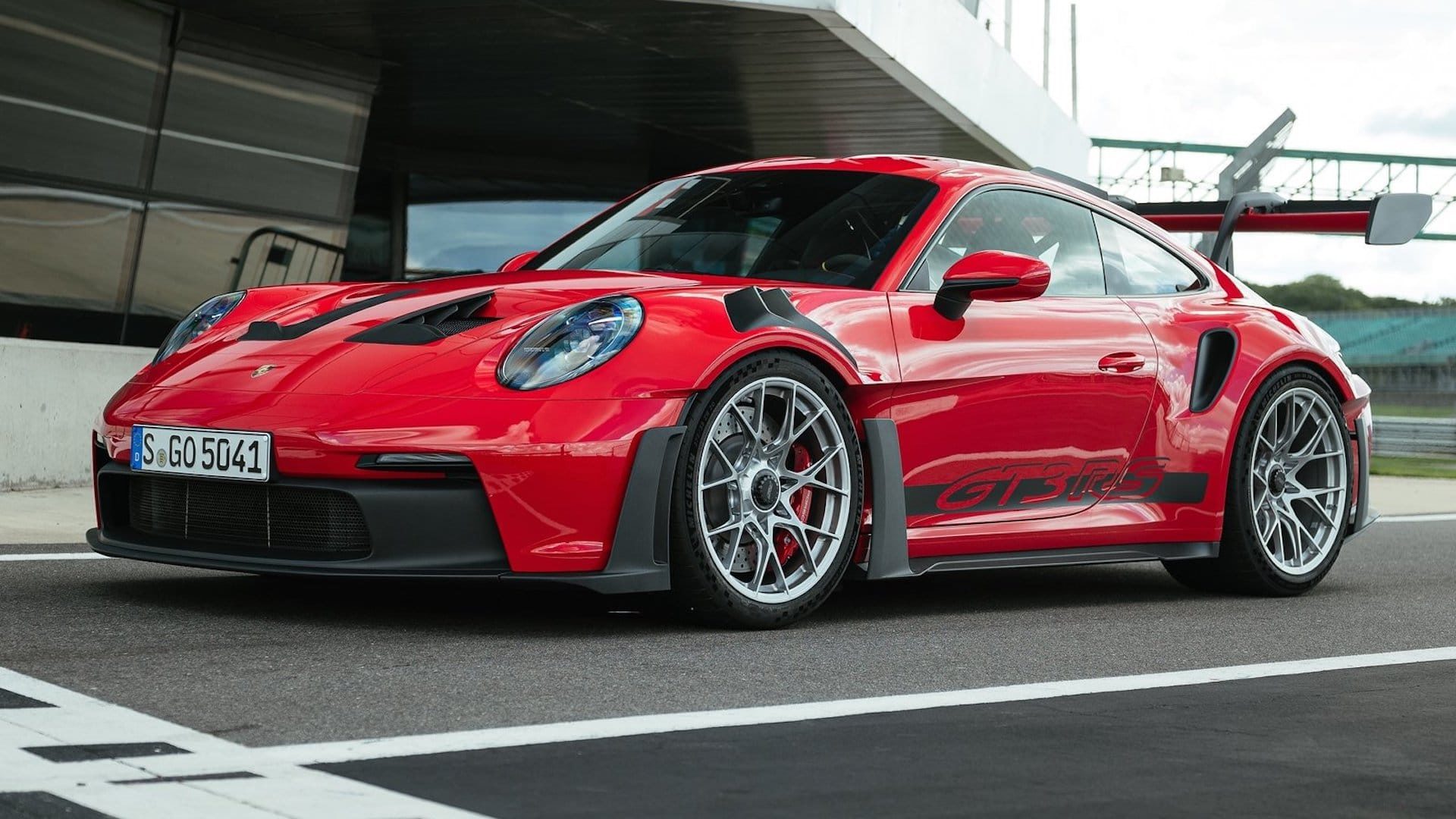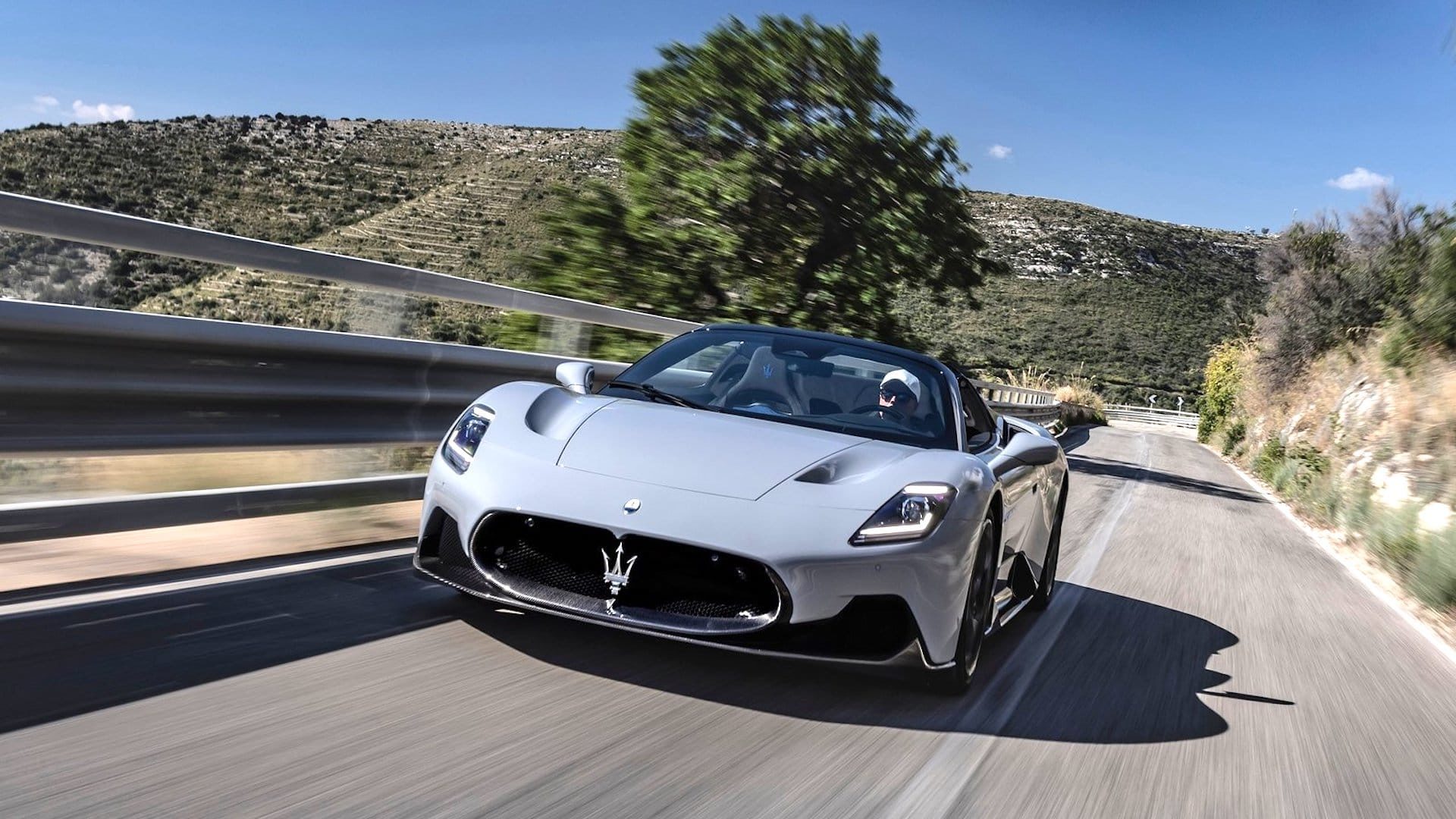
Ownership of luxury cars increased by a substantial 9.2 percent in the UK last year. Analysis by national accountancy group UHY Hacker Young calculates the number of luxury cars in the UK leapt from 221,124 in 2020, to 241,391 in 2021.
During the same period, the number of supercars increased by almost one fifth (19 percent).
Exotic cars from brands such as Bugatti, Ferrari, Lamborghini, Koenigsegg and McLaren now number 18,186 on British roads.
Porsche leads luxury league table

UHY Hacker Young includes cars made by Aston Martin, Bentley, Maserati, Porsche and Rolls-Royce in its definition of luxury vehicles.
Of this group, Porsche leads the way, accounting for 173,523 cars in UK ownership during 2021. This made for a 10 percent increase from the 157,916 cars recorded in 2020.
However, ownership of Maseratis is growing at the fastest rate from this luxury collective. The Italian brand had 10.3 percent more cars on the road during 2021, with a total of 11,113 now owned in the UK.
Market slowdown ahead

David Kendrick, partner at UHY Hacker Young, believes a surge in the value of cryptocurrency may have fuelled the increased demand for luxury vehicles and supercars. Cryptocurrency investors were faced with a windfall before values dropped, translating some of this into high-end vehicle sales.
Kendrick notes that: “The surge in luxury car ownership was a feature of the last stages of the post-Covid economic recovery. Ultra-low interest rates meant luxury cars were affordable to a much wider group of motorists.
“We also saw how the crypto-currency boom created ‘overnight millionaires’ who found they could suddenly afford expensive luxury vehicles – a process made much easier by very low interest rates on financed purchases.”
However, Kendrick cautions that the cost-of-living crisis could cause a slowdown in the luxury market: “With interest rates soaring and the crypto bubble bursting, it is unlikely that people will have the appetite to spend so heavily on luxury vehicles. The luxury car market should expect a big challenge until some of the clouds lift from the economy.”
ALSO READ:
New Rolls-Royce Spectre is the world’s most opulent electric car
Manual override: new ‘less is more’ Porsche 911 Carrera T revealed